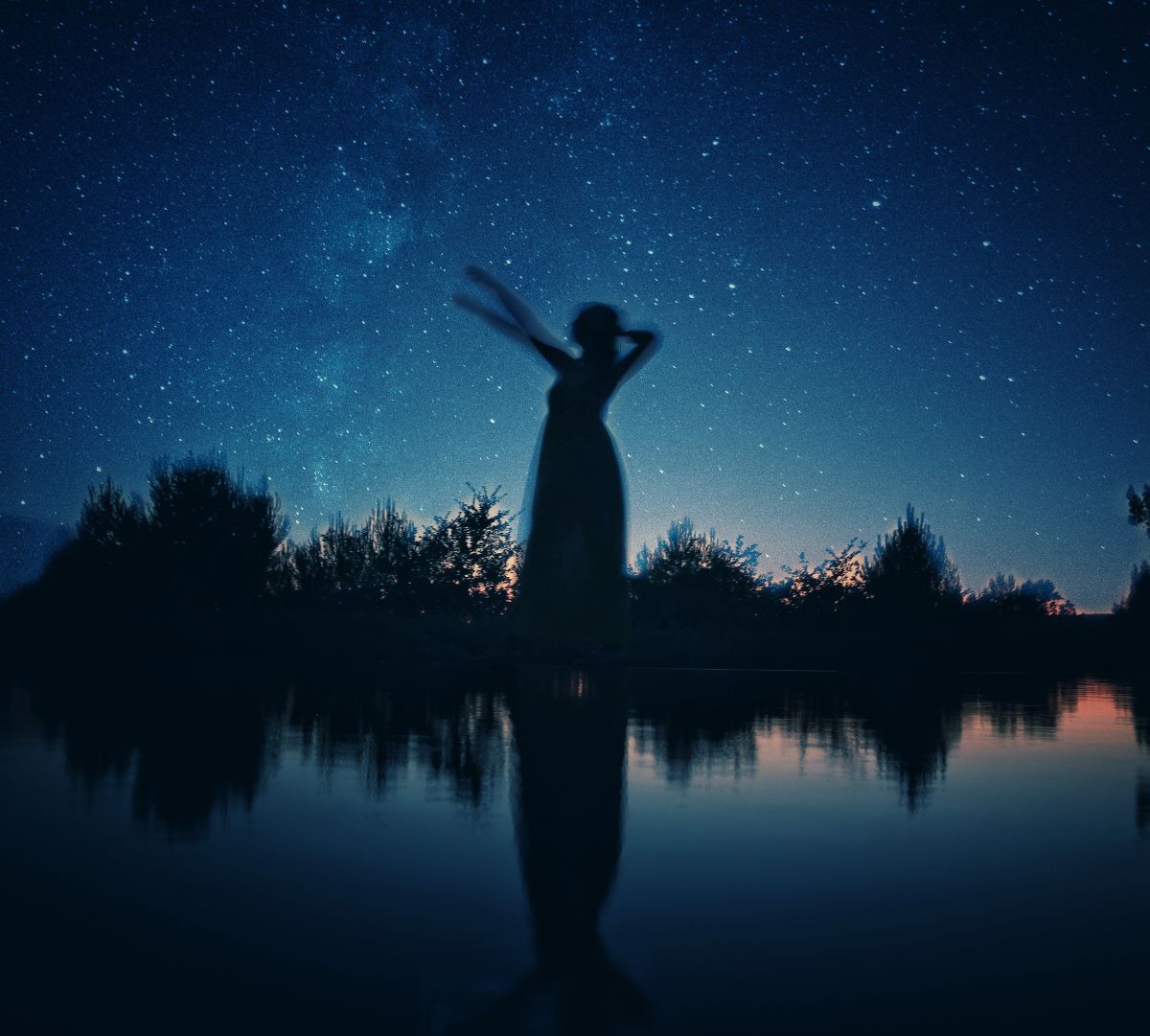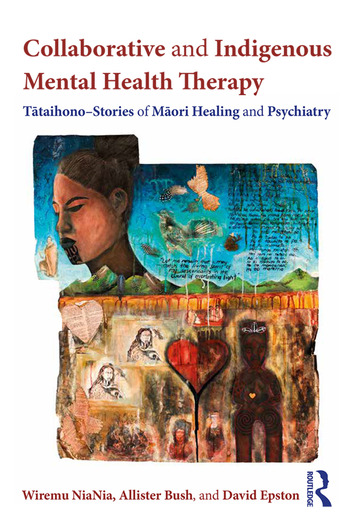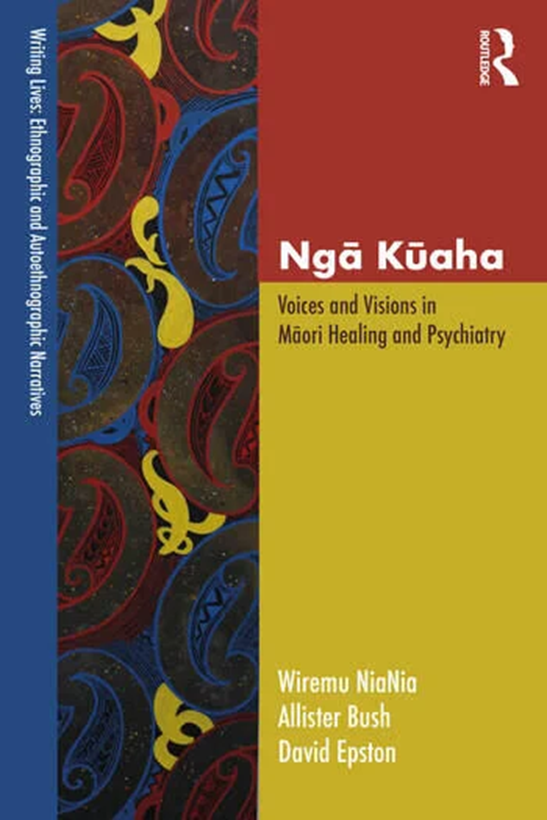

Prior to colonisation, people experiencing matakite were considered vital members of Māori society. Matakite would have been recognised from a young age, and the person would have been guided through the experiences by a tohunga (expert).
The loss of traditional knowledge on matakite is a result of the colonisation of Aotearoa by the Crown, and the passing of legislation such as the Tohunga Suppression Act. This has meant that people experiencing matakite generally lack the sort of spiritual guidance they need in order to understand these experiences.
Some common signs can be:
-
Perceiving the mauri, which is an aura of light radiating from all animate life
-
The ability to find lost things
-
Receiving messages or tohu (signs) from tupuna (ancestors)
-
Whakapapa connection (someone in the whanau has had similar experiences)
If you think you may be experiencing matakite symptoms a good place to start the conversation is with your whānau, hapu or iwi. Some Māori are disconnected from their iwi, therefore our services want to be able to provide a safe space for people to communicate these experiences. Our teams have Māori health workers who can work alongside Māori, and support them in making those connections with iwi, kaumatua, or local support.
“He moana pukepuke e ekengia e te waka” A rough sea can be navigated
If you are interested in learning more, here are some resources that can provide further information on matakite.
- Dr Ron Ngata’s thesis on matakite provides a wealth of information on the topic, along with korero around personal experiences of matakite. You can read this here.
- Collaborative and Indigenous Mental Health Therapy and Ngā Kūaha: Voices and Visions in Māori Healing and Psychiatry and two books written by Wiremu Niania (Matakite - Tuwharetoa, Ngati Kahungunu, Tuhoe) and Allister Bush (Psychiatrist – Wellington). You can buy the book and read more about Wiremu’s mahi here.


